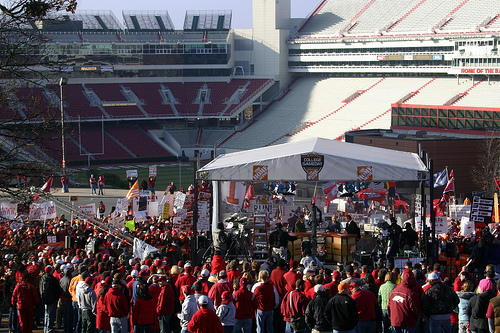Researchers Try to Label “Homophobia” a Mental Disorder
A new column from our friends at the Chuck Colson Center for Christian Worldview highlights recent “research” attempting to peg homophobia as a psychological disorder.
“‘Live Science’ reports that researchers at the University of Rome Tor Vergata asked 560 university students to report their feelings about homosexuality, then gave them a standard psychiatric evaluation. . . . .
“Lead researcher Emmanuele Jannini concluded, ‘After discussing for centuries if homosexuality is to be considered a disease, for the first time we demonstrated that the real disease to be cured is homophobia.’
“Well, this was red meat for progressive websites and news outlets, who gladly trumpeted the results.
“I can’t help but think of C. S. Lewis’ chilling and prophetic essay, ‘The Humanitarian Theory of Punishment.’ Lewis believed that persecution in the future would look less like jack-booted thuggery, and more like therapy: ‘…certain schools of psychology already regard religion as a neurosis,’ he wrote. ‘When this particular neurosis becomes inconvenient to the government, what is to hinder the government from proceeding to “cure” it,’ with mandatory re-education or other forms of treatment?”
Of course, as Metaxas points out, there are a number of problems with how this “research” is being analyzed and applied–not the least of which being the fact a phobia is “an irrational and debilitating fear,” something that is not the basis of Christians’ objections to homosexual behavior and same-sex marriage.
Christians object to same-sex marriage not because they are afraid of something; they object in large part because same-sex marriage ignores two the fundamental truths about marriage: That men and women are each made distinctly in the image of God, and that marriage unites these two halves of God’s image.
You can listen to Metaxas’ full commentary below–or click here to read it.
[audio:http://www.breakpoint.org/images/content/breakpoint/audio/2015/102815_BP.mp3|titles=Diagnosing Dissenters–Is Homophobia a Disorder?]


 The past few years we have heard more and more stories of the ACLU, atheist organizations, and others threatening local governments and public schools with legal action over Christmas decorations.
The past few years we have heard more and more stories of the ACLU, atheist organizations, and others threatening local governments and public schools with legal action over Christmas decorations.
 The Wisconsin-based Freedom From Religion Foundation is at it again in Arkansas–this time threatening legal action over prayer at a public high school football game in Ashdown.
The Wisconsin-based Freedom From Religion Foundation is at it again in Arkansas–this time threatening legal action over prayer at a public high school football game in Ashdown.